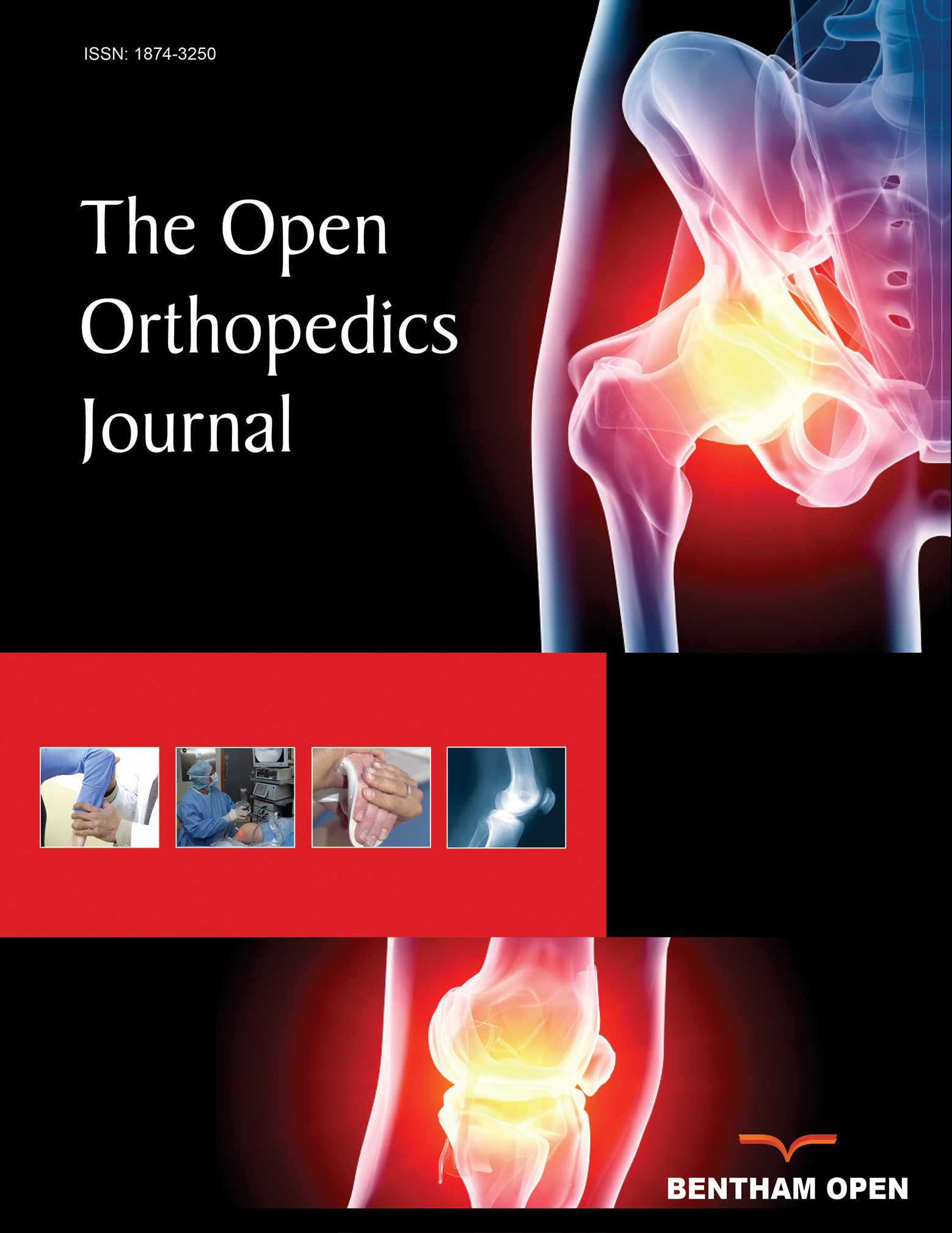All published articles of this journal are available on ScienceDirect.
Update on the Management of Compound Lower Limb Fractures
Abstract
Compound lower limb fractures pose a significant challenging pathology for orthopaedic and plastic surgeons to manage due to the combined soft tissue damage, bone injury and potential vascular compromise. These fractures require extensive team-work and expertise between several surgical specialties and the advice of non-surgical specialties, to ensure good clinical outcomes. Extensive research has improved the outcomes of compound lower limb fractures and current recommendation on the optimal management is always being updated to enhance patient outcomes. This review serves to provide an overview of the management of compound tibial fractures using current evidence and recently updated UK guidelines. The optimal time for surgical debridement, surgical intervention, antibiotic regime and soft tissue coverage will be outlined as well as the indications for amputation.


